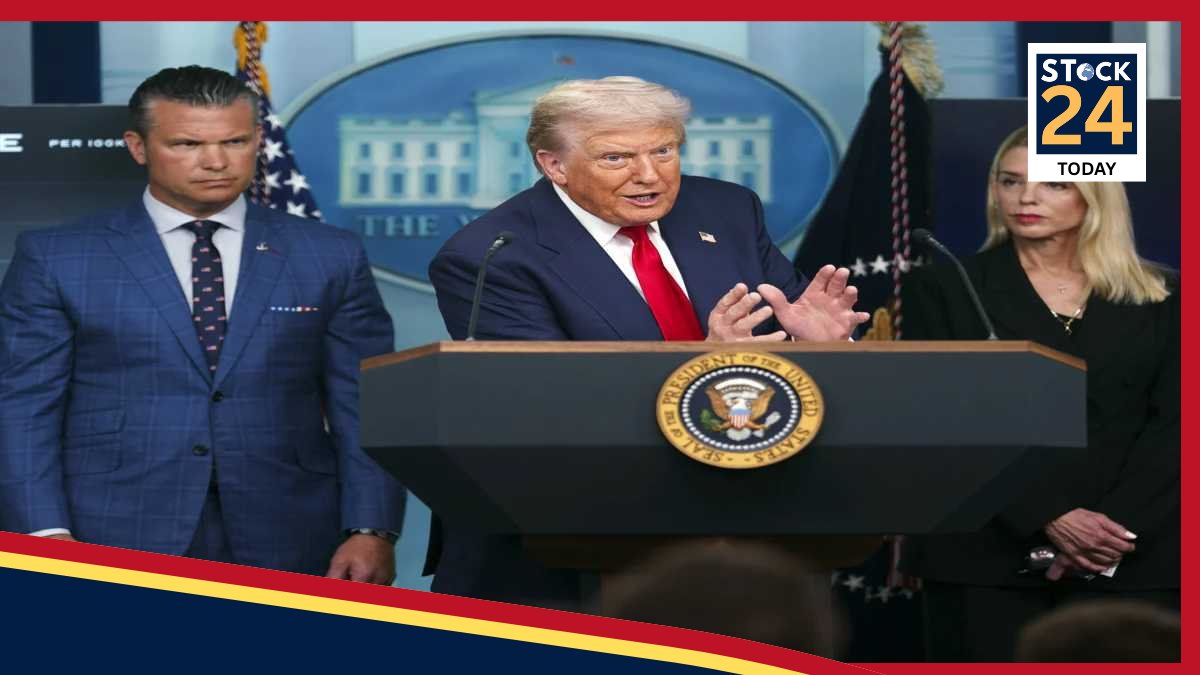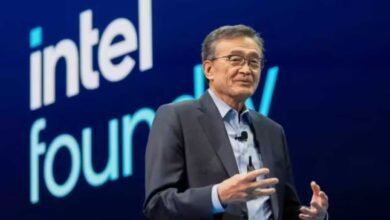
WASHINGTON – In a striking pivot on trade and national security policy, the Trump administration has brokered a deal with chipmakers Nvidia and AMD, allowing them to resume selling advanced AI chips to China in exchange for a 15% cut of the revenue paid directly to the U.S. government.
The unprecedented arrangement, confirmed by President Trump on Monday, upends years of bipartisan efforts to restrict China’s access to sensitive American technology. The move has drawn swift and sharp criticism from trade and national security experts, who warn it sets a “dangerous precedent” and raises serious constitutional questions.
“These are national security restrictions on sensitive technology, and now we are basically putting them up for sale where major corporations can pay a fee and get rid of them,” said Liza Tobin, who served as China director on the National Security Council under both Presidents Trump and Biden.
President Trump defended the transactional nature of the deal, explaining his direct negotiations with Nvidia. “I said, If I’m going to do that, I want you to pay us as a country something because I’m giving you a release,” Trump stated at a White House news conference. He noted that he had originally proposed a 20% cut.
The deal unlocks billions of dollars in potential sales for the two U.S. tech giants. Nvidia had previously projected missing out on over $2.5 billion in revenue in a single quarter due to an export ban on its H20 chips implemented by the administration in April. The new agreement allows those sales to resume, with a portion of the profits now flowing to the U.S. Treasury.
However, the policy has alarmed experts who fear it could be applied to other industries. “I imagine the C-suites of many companies and many industries around the U.S. are now evaluating the potential that this kind of approach could be used against them,” said Scott Kennedy, a China expert at the Center for Strategic and International Studies.
Legal scholars have also pointed out that the deal appears to conflict with the U.S. Constitution, which explicitly prohibits the government from taxing exports.
The administration and its allies argue that the policy is a strategic move to keep China reliant on American technology, thereby slowing its indigenous innovation. Proponents suggest this approach will prevent a repeat of the “Huawei mistake,” where U.S. restrictions failed to stop the Chinese telecom company from becoming a global leader in 5G.
“America’s AI tech stack can be the world’s standard if we race,” Nvidia said in a statement, adding, “We follow rules the U.S. government sets for our participation in worldwide markets.”
But critics remain unconvinced. Chris Miller, a Tufts University professor and author of “Chip War,” argued that China’s drive for technological self-sufficiency is unwavering. “Even if China buys larger numbers of GPUs in the short run, the desire for self sufficiency remains quite strong and they’re going to keep investing to build out their own internal capabilities in the long run,” Miller said.
The policy shift highlights a deep rift among policymakers, pitting those who advocate for economic engagement and U.S. corporate interests against those who prioritize a hardline stance on restricting technology to China on national security grounds.





